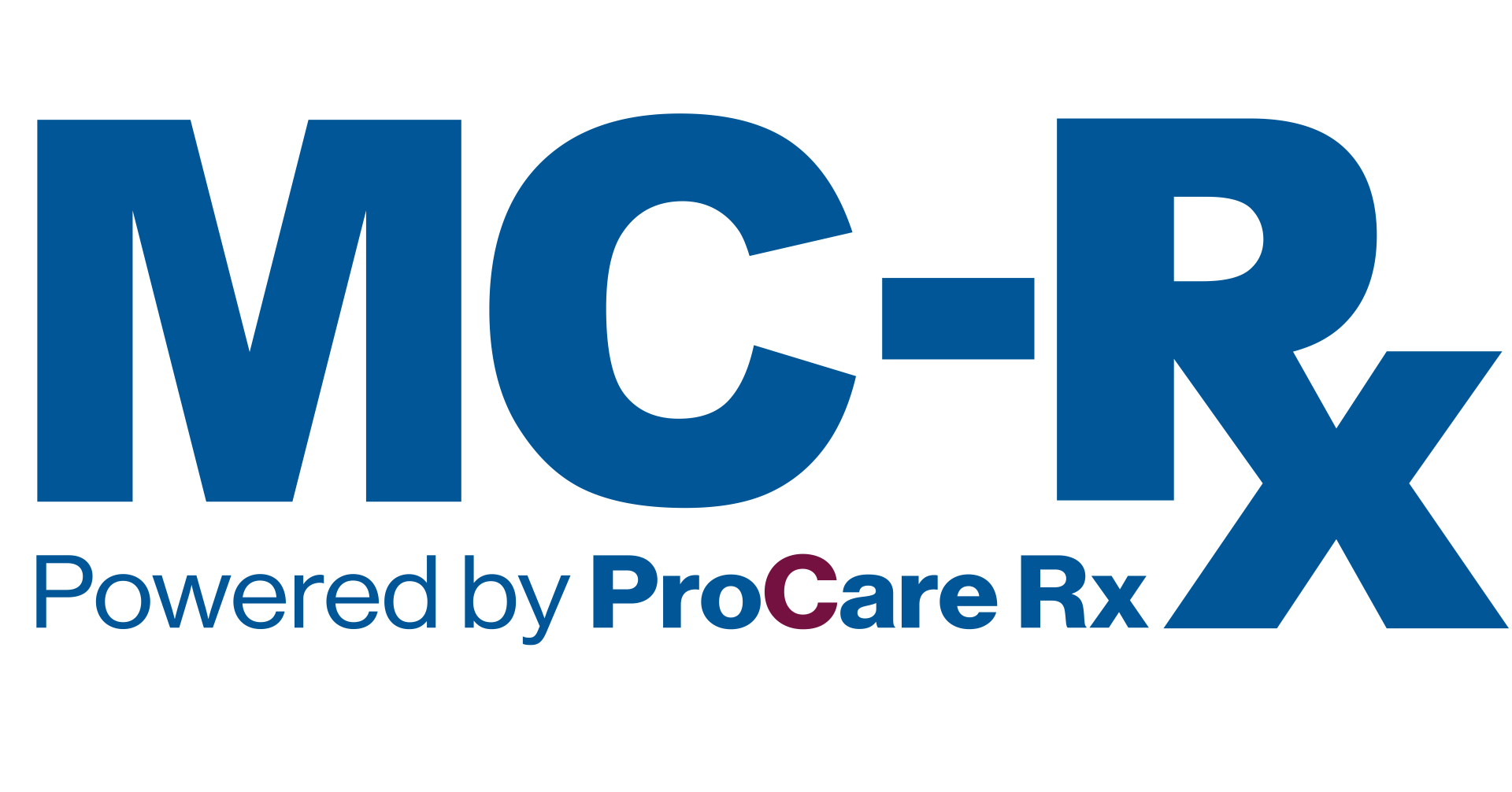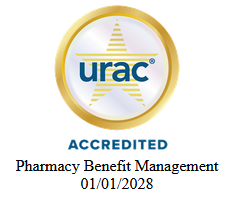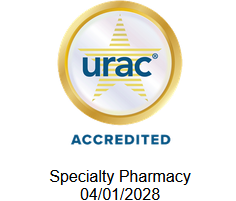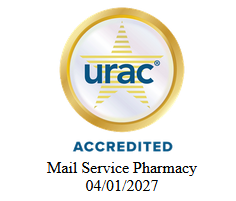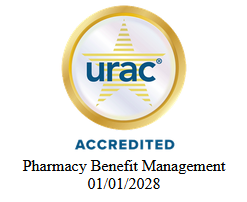Covid-19 Treatment & Vaccine
MC-Rx is performing outreach now to give each healthcare payer enough time to determine coverage of each treatment and preventive option.

Background
The current public health emergency (PHE) has been renewed until January 2023. However, the Centers for Medicare and Medicaid Services (CMS) has released a roadmap to ending the COVID-19 PHE. Once that occurs, it is expected that the government will no longer purchase COVID-19 vaccinations and treatments, which will put a financial and administrative burden on all healthcare payers.
As a result, MC-Rx has developed educational material to help healthcare payers begin internal conversations regarding coverage of these treatments and preventive options.
What Are We Waiting On?
MC-Rx is waiting on some key events (“triggers”) before presenting recommendations for healthcare payers. Each trigger will allow MC-Rx to customize future proposals for healthcare payers. These triggers include:
- End of COVID-19 PHE
- a. Individual client outreach from MC-Rx to determine if they would like to cover COVID-19 vaccinations and FDA-approved treatments.
- End of COVID-19 PHE AND addition of annual COVID-19 vaccinations to CDC guidelines
- If the client’s Benefit Plan Design (BPD) includes CDC-recommended vaccinations → MC-Rx will recommend covering COVID-19 vaccinations. The final determination will be discussed with the client.
- Individual client outreach from MC-Rx to determine if they would like to cover FDA-approved treatments.
- End of COVID-19 PHE AND addition of annual COVID-19 vaccinations to CDC guidelines OR addition to Affordable Care Act (ACA) coverage
- If the client’s Benefit Plan Design (BPD) includes CDC-recommended vaccinations OR ACA-covered medications→ MC-Rx will recommend to cover COVID-19 Vaccinations. The final determination will be discussed with the client.
- Individual client outreach from MC-Rx to determine if they would like to cover FDA-approved treatments.
COVID-19 Treatment & Vaccine Commercialization Outreach
Why Are We Reaching Out Now?
- MC-Rx is performing outreach now to give each healthcare payer enough time to determine coverage of each treatment and preventive option. Depending on the healthcare payer’s Benefit Plan Design (BPD) or Plan Implementation Questionnaire (PIQ), coverage of these treatments and preventive options may align with their mission and values.
What Products Are Authorized Under the Emergency Use Authorization (EUA) for COVID-19?
- The current landscape for treatment options under EUA for COVID-19 are vast, but some prime examples are:
- Paxlovid (nirmatrelvir and ritonavir)
- Lagevrio (molnupiravir)
- Actemra (tocilizumab)
- Bebtelovimab
- Evusheld (tixagevimab co-packaged with cilgavimab)
What Products are FDA-Approved for COVID-19?
- There are only two (2) FDA-approved products for the treatment of COVID-19
- Veklury (remdesivir)
- Olumiant (baricitinib)
What Should a Healthcare Payer Consider for COVID-19 Coverage?
- Healthcare payers have to consider a multitude of different perspectives when evaluating coverage of treatment and preventive options:
- FDA approval
- EUA approval
- Plan benefits for vaccinations based on CDC recommendations and statutory regulations (i.e. ACA)
How Should a Healthcare Payer Prepare for the End of the COVID-19 PHE?
- Privately insured individuals could incur additional out-of-pocket costs for tests and related services when the PHE ends. Healthcare payers should begin internal discussions and determine what will align best with their mission and values and what are the statutory implications of the CARES Act, among other regulations. Some considerations are:
- Should healthcare payers only cover preventive services?
- Should healthcare payers only cover treatment options that are FDA approved?
- What would be the potential cost impact of covering treatment and/or preventive options?
- What are the requirements for coverage based on national regulatory bodies’ guidance?



